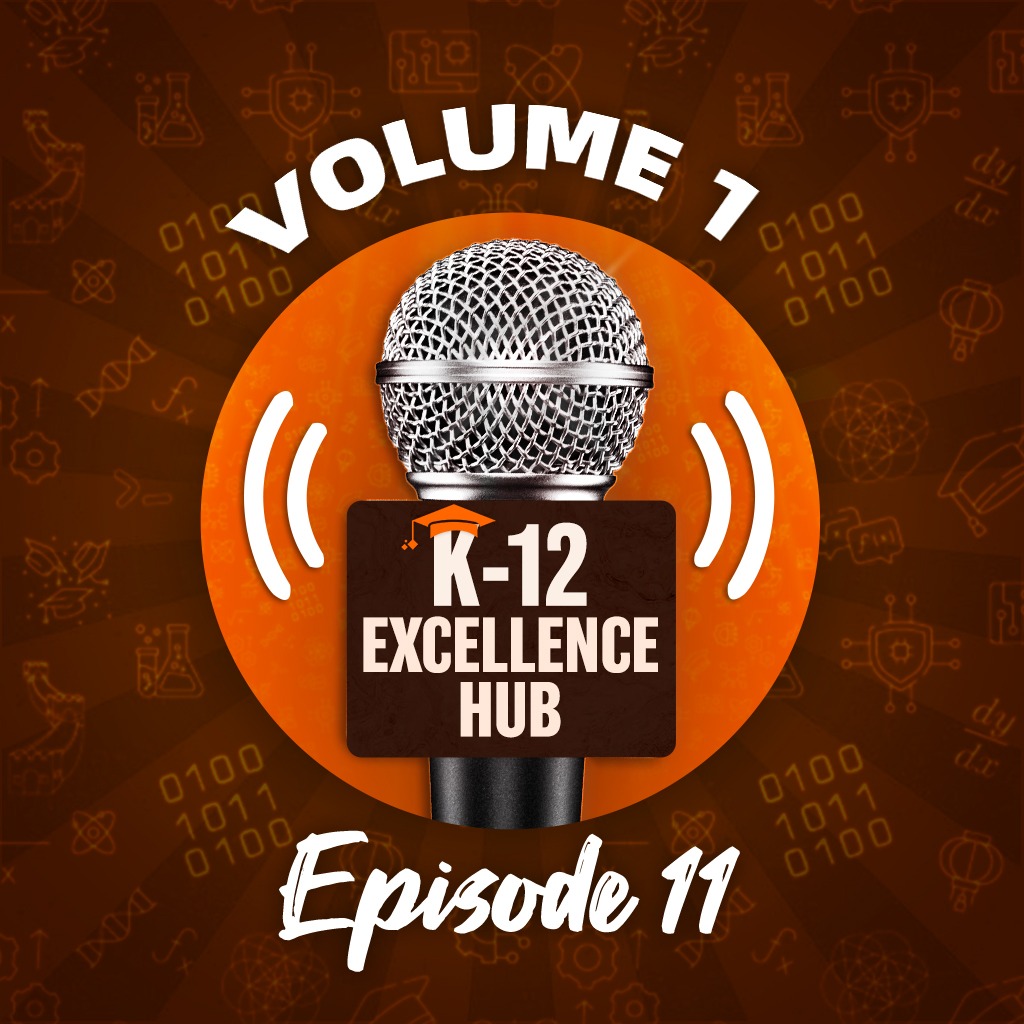In the contemporary educational landscape, artificial intelligence (AI) presents a nuanced challenge that demands careful navigation. While AI technologies offer unprecedented capabilities in content generation, personalized tutoring, and adaptive learning, they simultaneously pose a critical risk to the fundamental purpose of education.

The Technological Paradox
The primary concern is not AI's technological sophistication, but its potential to transform education from a transformative human experience into a transactional information exchange. By reducing learning to algorithmic interactions, AI threatens to:
- Diminish students' active engagement
- Replace critical thinking with passive knowledge consumption
- Overshadow essential human learning qualities
Beyond Algorithmic Solutions
True education transcends mere information delivery. The irreplaceable human elements of learning include:
- Intellectual Curiosity: The intrinsic motivation to explore and understand
- Emotional Intelligence: Developing empathy and interpersonal understanding
- Moral Reasoning: Navigating complex ethical landscapes
- Creative Exploration: Generating original insights and solutions
The Learning Experience Reimagined
While AI can efficiently generate solutions, it cannot replicate the profound learning that emerges from:
- Intellectual struggle
- Cognitive complexity
- Personal resilience
- Authentic problem-solving experiences
Strategic Imperative
The challenge lies not in AI's capabilities, but in our approach to integrating these technologies. Educators must strategically leverage AI as a supportive tool that enhances, rather than replaces, the fundamentally human aspects of learning.
Key Objective: Maintain education as a deeply transformative, human-centric experience that cultivates holistic intellectual and personal growth.






Member comments